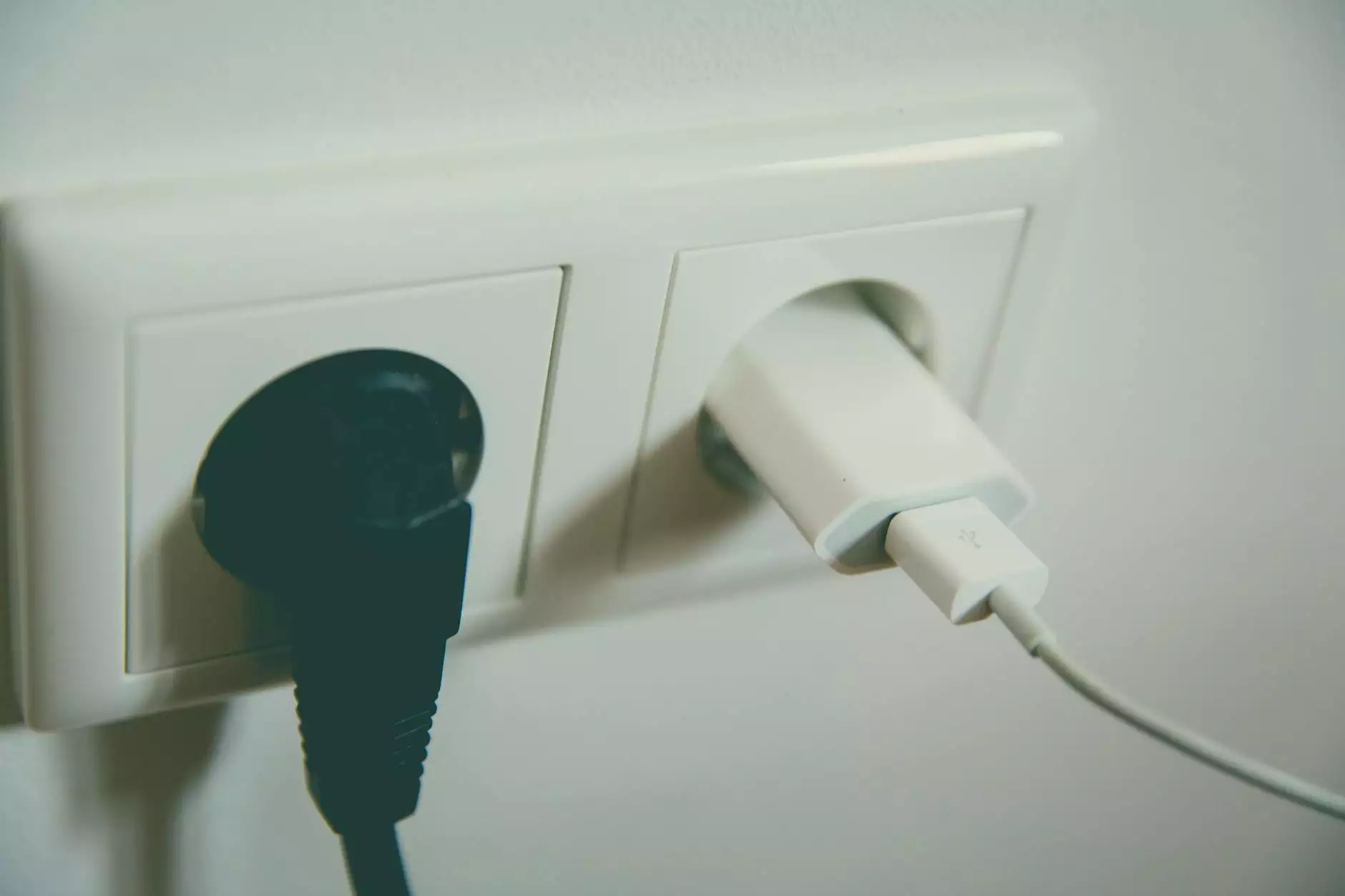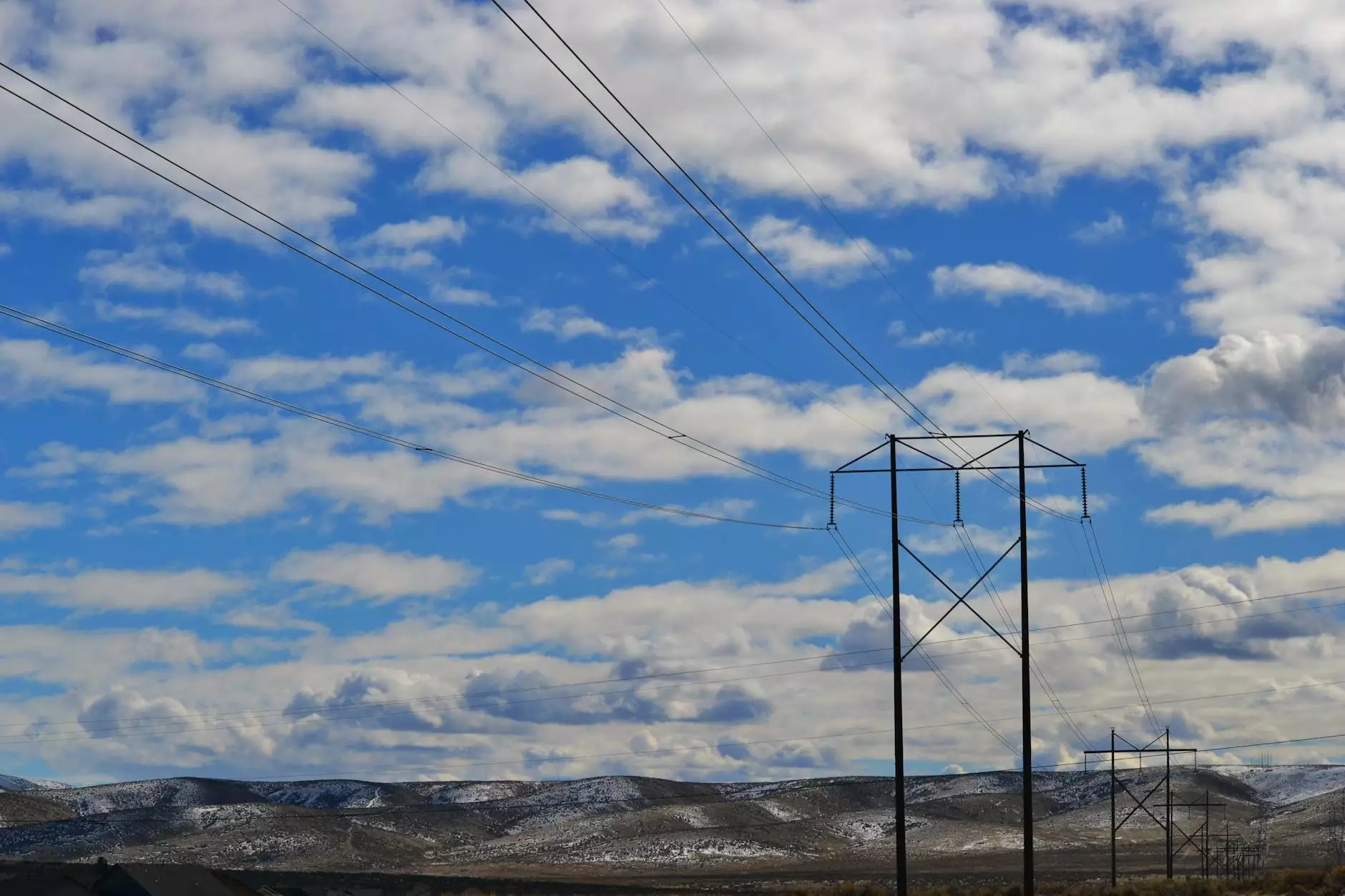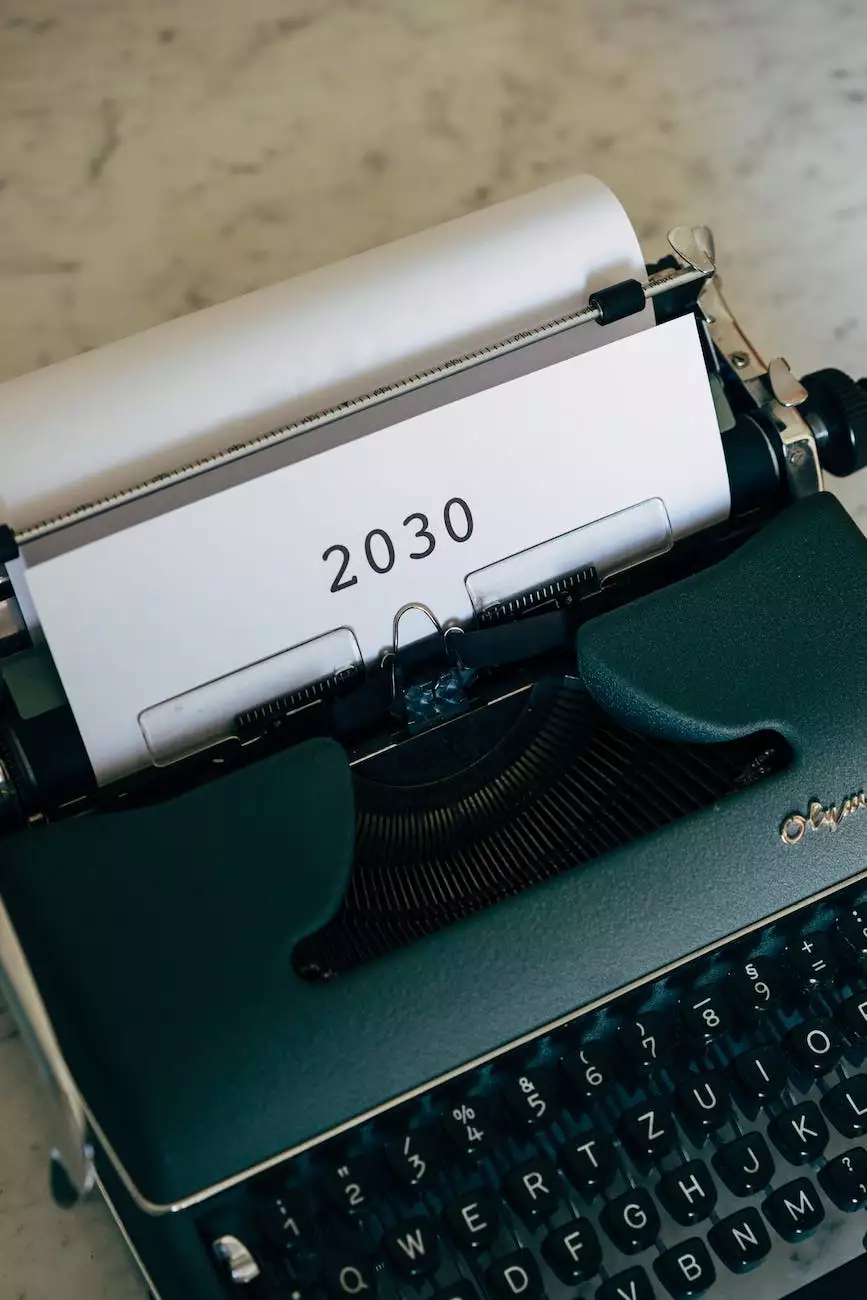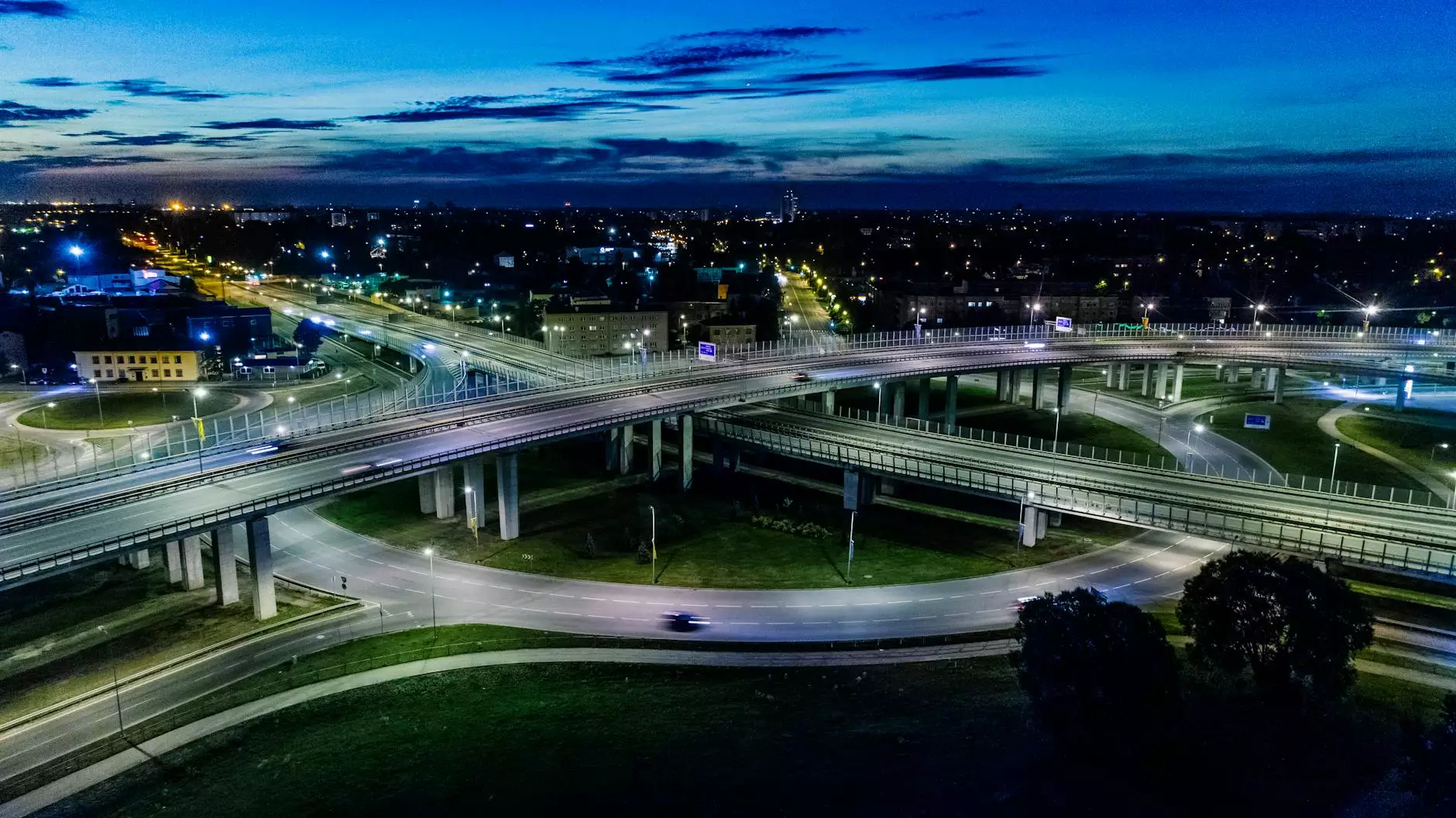Pull the Plug on a Big Energy Drain – Your Pool Pump
News Articles
Introduction
Welcome to Barrett Propane Prescott, your trusted source for reliable propane appliances and electronics. In this article, we will discuss how you can save energy by optimizing your pool pump. By following our expert tips, you can reduce your energy consumption, lower your utility bills, and contribute to a more sustainable future.
The Importance of a Pool Pump
A pool pump plays a vital role in maintaining the cleanliness and hygiene of your swimming pool. However, it can also be a significant drain on your energy consumption if not properly optimized. Understanding how your pool pump works and implementing energy-saving measures can make a noticeable difference.
Understanding Pool Pump Efficiency
Pool pumps are typically rated by their horsepower (HP) and the flow rate they can achieve. The higher the HP, the more energy the pump consumes. However, it's important to match your pool pump's HP to the size of your pool. Using an oversized pool pump will lead to unnecessary energy wastage.
To determine the appropriate pump size for your pool, consider factors such as pool volume, pipe diameter, filter resistance, and desired turnover rate. Consulting a pool professional or using online calculators can help you make an informed decision.
Optimizing Pool Pump Usage
Now that you understand the basics, let's delve into the strategies for optimizing your pool pump usage:
1. Optimal Run Time
Determining the optimal run time for your pool pump is crucial. Running the pump for extended periods when it's not needed can significantly increase energy consumption. On the other hand, insufficient runtime can lead to water quality issues.
Consider factors such as pool size, usage frequency, and climate conditions when determining the ideal run time. You may also opt to use a timer or smart controller to automate the pump's operation.
2. Regular Maintenance
Maintaining your pool pump is essential for optimal efficiency. Regularly clean the pump's filter and remove any debris or blockages. This will prevent the pump from working harder than necessary, reducing energy consumption.
Additionally, inspect the pump for any leaks or worn-out parts. Timely repairs or replacements can ensure the pump operates at maximum efficiency.
3. Variable Speed Pool Pumps
Consider upgrading to a variable speed pool pump if you want to maximize energy savings. These pumps allow you to adjust the speed based on your pool's needs, reducing energy consumption during periods of lower demand.
Variable speed pumps often surpass traditional single-speed pumps in terms of efficiency and cost-effectiveness. While they may have a higher upfront cost, the long-term energy savings make them a worthwhile investment.
4. Pool Covers
Using pool covers is another effective strategy for reducing energy consumption. A pool cover minimizes evaporation, saving both water and energy required to reheat the pool. Furthermore, it helps keep debris out, decreasing the strain on the pool pump and extending its lifespan.
Investing in a durable and properly fitting pool cover will provide long-term energy-saving benefits while keeping your pool clean and ready for use.
Conclusion
By implementing these energy-saving measures, you can pull the plug on a big energy drain – your pool pump. Barrett Propane Prescott is dedicated to providing you with the latest information and solutions to help you optimize your propane appliances and electronics for eCommerce and shopping.
For all your propane needs, including pool heaters and other energy-efficient appliances, trust Barrett Propane Prescott. Contact us today to learn more about our products and services!










